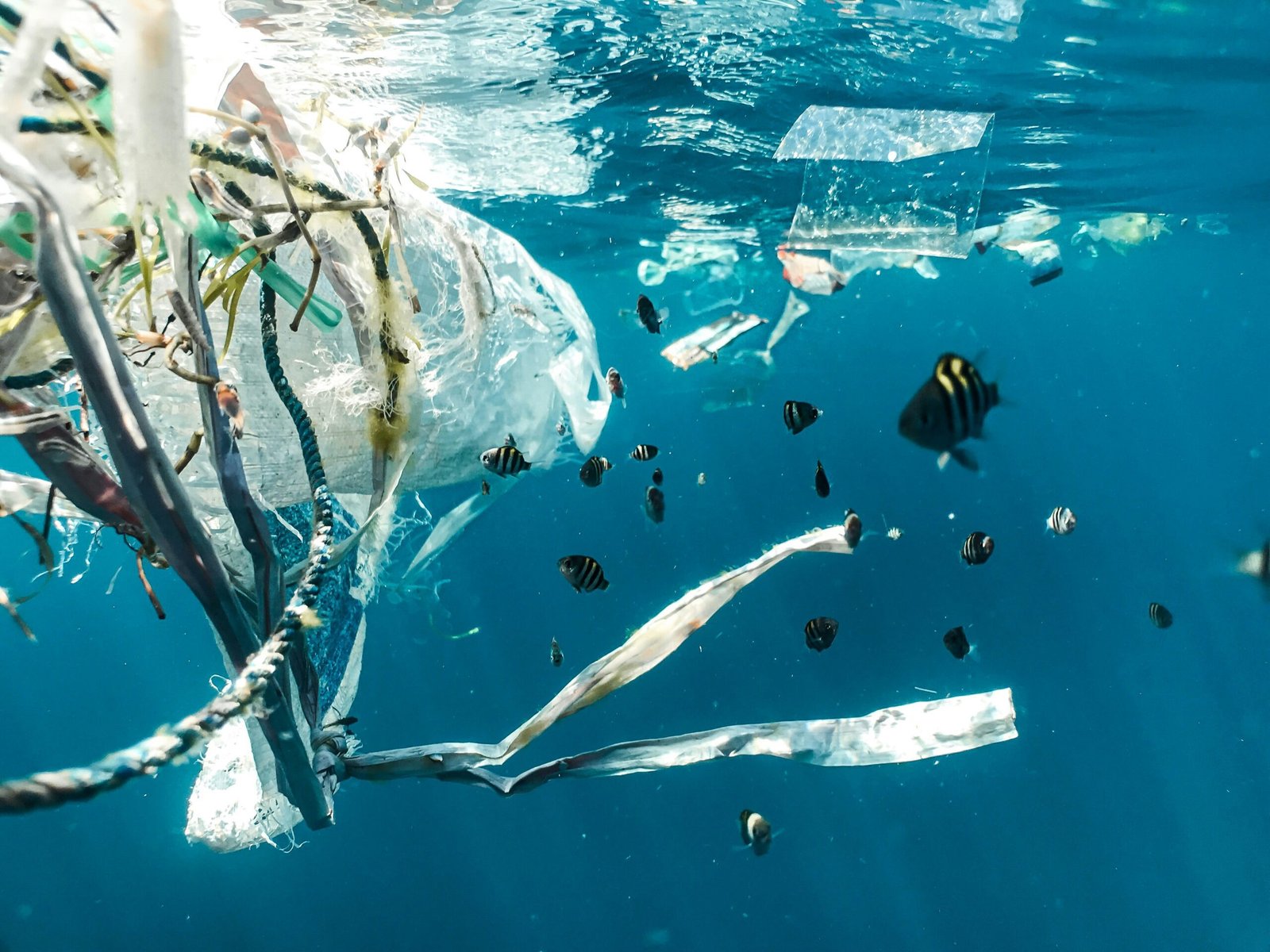Learn about the rise of environmental consciousness essay and its importance in today’s world. Discover the factors driving this movement, including scientific evidence, media coverage, youth activism, and economic considerations. Find out how individuals can contribute to environmental conservation through sustainable lifestyle practices, community involvement, and supporting environmentally responsible businesses. Explore the benefits of embracing environmental consciousness, such as cost savings, improved health, preservation of biodiversity, and a stronger connection with nature. Discover how businesses can also play a role in environmental conservation through sustainable practices, advocacy, education, and collaboration with stakeholders. Finally, explore the future of environmental consciousness, including the role of the younger generation and advancements in technology and innovation.
The Importance of Environmental Consciousness Essay
This movement towards environmental consciousness has gained momentum due to several factors. One of the main reasons is the increasing scientific evidence that shows the detrimental effects of human activities on the environment. Learn what is a brokerage account, how it works, and leverage it to gain access to the stock market and make smarter investment choices. Studies have highlighted the alarming rise in global temperatures, the melting of polar ice caps, the acidification of oceans, and the extinction of numerous plant and animal species. These findings have served as a wake-up call for many individuals and communities, prompting them to take action and make changes in their daily lives to reduce their ecological footprint.
Another significant factor contributing to the rise of environmental consciousness is the increasing media coverage of environmental issues. News outlets, documentaries, and social media platforms have played a crucial role in raising awareness about the state of our planet and the urgent need for action. Images of polluted rivers, smog-filled cities, and wildlife struggling to survive have resonated with people on a global scale, igniting a sense of responsibility and a desire to protect the environment.
Moreover, the younger generation has been at the forefront of the environmental consciousness movement. Young activists like Greta Thunberg have captured the world’s attention and inspired millions of young people to take a stand against environmental degradation. Students around the world have organized strikes and protests demanding immediate action from governments and corporations to combat climate change and protect the environment. This youth-led movement has been instrumental in pushing environmental issues to the top of the global agenda.
Additionally, the economic implications of environmental degradation have also contributed to the rise of environmental consciousness. Businesses and industries are beginning to realize that unsustainable practices not only harm the environment but also pose a risk to their long-term profitability. As consumers become more conscious of the environmental impact of their purchasing decisions, companies are under increasing pressure to adopt sustainable practices and reduce their carbon footprint. This shift towards sustainability is not only driven by consumer demand but also by the recognition that environmentally responsible practices can lead to cost savings and increased competitiveness in the long run.
In conclusion, environmental consciousness is of paramount importance in today’s world. It is a recognition that our actions have consequences and that we have a responsibility to protect and preserve the natural world. The growing global movement towards environmental consciousness is driven by scientific evidence, media coverage, youth activism, and economic considerations. By embracing environmental consciousness, individuals, communities, and businesses can contribute to a more sustainable and resilient future for our planet.
Furthermore, individuals can actively participate in environmental conservation efforts by getting involved in local conservation projects. This could include volunteering for clean-up initiatives in parks and beaches, participating in tree planting campaigns, or joining community garden projects. By actively engaging in these activities, individuals not only contribute directly to the preservation of natural habitats but also foster a sense of community and connection to the environment.
In addition to individual actions, collective efforts can also have a significant impact on environmental conservation. By organizing or participating in grassroots movements and advocacy campaigns, individuals can raise awareness about pressing environmental issues and put pressure on governments and corporations to take action. This can involve organizing protests, signing petitions, or lobbying for stricter environmental regulations.
Moreover, individuals can support environmentally responsible businesses and companies by making conscious purchasing decisions. By choosing to buy from companies that prioritize sustainable practices and ethical sourcing, individuals can send a message to the market and encourage more businesses to adopt environmentally friendly practices. This can include supporting local farmers’ markets, purchasing products with eco-friendly certifications, or supporting companies that invest in renewable energy.
Lastly, individuals can also play a role in shaping environmental policies and legislation through their participation in the democratic process. By voting for candidates who prioritize environmental issues and contacting elected officials to express their concerns, individuals can influence decision-making processes and push for the implementation of more sustainable policies.
In conclusion, while governments and organizations have a crucial role in environmental conservation, individuals also have the power to make a difference. By adopting sustainable lifestyle practices, being mindful of consumption habits, staying informed, getting involved in local projects, supporting environmentally responsible businesses, and participating in advocacy campaigns, individuals can contribute to a more sustainable and eco-friendly future. It is through collective action and individual choices that we can protect and preserve the environment for future generations.
In addition, embracing environmental consciousness can have a positive impact on future generations. By adopting sustainable practices now, we are setting an example for our children and grandchildren, teaching them the importance of taking care of the planet. This can lead to a shift in mindset and behavior, ensuring a more sustainable future for generations to come.
Moreover, environmental consciousness fosters a sense of community and social responsibility. When individuals come together to address environmental issues, they form networks and organizations that work towards a common goal. This sense of unity and shared purpose can strengthen communities, promote collaboration, and create lasting change.
Another benefit of environmental consciousness is the preservation of biodiversity. By protecting natural habitats and ecosystems, we can safeguard the incredible diversity of plant and animal species on our planet. This is not only important for the balance of our ecosystems but also for the discovery of new medicines, as many pharmaceuticals are derived from natural sources.
Furthermore, environmental consciousness encourages sustainable consumption and waste reduction. By being mindful of our purchasing decisions and opting for eco-friendly products, we can minimize our ecological footprint. This includes reducing single-use plastics, recycling, and composting, all of which contribute to a healthier planet.
Lastly, environmental consciousness can lead to a stronger sense of connection with nature. When individuals take the time to appreciate and understand the natural world, they develop a deeper respect and appreciation for the beauty and complexity of our planet. This connection can inspire a desire to protect and preserve the environment for future generations.
In conclusion, embracing environmental consciousness has numerous benefits for individuals, society, and the planet as a whole. From cost savings and improved health to the creation of green jobs and the preservation of biodiversity, the advantages of adopting sustainable practices are far-reaching. By making conscious choices and taking action, we can contribute to a more sustainable and prosperous future.
In addition to adopting sustainable practices and offering eco-friendly products, businesses can also contribute to environmental conservation by actively engaging in environmental advocacy and education. By leveraging their resources and influence, companies can raise awareness about pressing environmental issues and advocate for policies that promote conservation.
One way businesses can engage in environmental advocacy is by joining industry associations or coalitions that focus on sustainability and environmental protection. These associations provide a platform for companies to collaborate, share best practices, and collectively address environmental challenges. By working together, businesses can amplify their impact and drive systemic change.
Furthermore, businesses can use their marketing and communication channels to educate consumers about the importance of environmental conservation. This can involve creating informative content, hosting workshops or webinars, or partnering with environmental experts to provide expert advice. By providing accessible and engaging information, companies can empower consumers to make more informed choices and take action to protect the environment.
Moreover, businesses can use their financial resources to fund research and development of innovative solutions that address environmental challenges. By investing in green technologies and supporting scientific advancements, companies can contribute to the development of sustainable alternatives and drive progress in environmental conservation.
Additionally, businesses can collaborate with local communities and governments to implement environmental initiatives. This can involve supporting community clean-up events, sponsoring environmental education programs in schools, or advocating for policies that promote renewable energy and conservation. By actively engaging with communities, businesses can foster a sense of shared responsibility and inspire collective action.
Overall, businesses have a unique opportunity to make a significant impact on environmental conservation. By adopting sustainable practices, offering eco-friendly products, engaging in advocacy and education, and collaborating with stakeholders, companies can contribute to a more sustainable future. Through their actions, businesses can not only mitigate their own environmental footprint but also inspire others to prioritize environmental consciousness and take steps towards a greener and more sustainable world.
The Future of Environmental Consciousness
As the global community becomes increasingly aware of the urgent need to address environmental issues, the future of environmental consciousness looks promising. People from all walks of life are coming together to take action and demand change.
One of the key drivers of change is the younger generation. Young people around the world are leading the way in advocating for environmental consciousness and demanding more sustainable practices from governments and businesses. Their passion and determination are inspiring and have the potential to create a lasting impact on the future of our planet.
Additionally, advancements in technology and innovation are providing new opportunities for environmental conservation. From renewable energy solutions to sustainable agriculture practices, these innovations have the potential to revolutionize the way we interact with and protect our environment.
For example, solar energy is becoming more affordable and accessible, allowing individuals and businesses to reduce their reliance on fossil fuels. The development of electric vehicles is also gaining momentum, providing a cleaner and more sustainable mode of transportation. Furthermore, breakthroughs in waste management technologies are enabling us to recycle and repurpose materials that were once considered non-recyclable, reducing the amount of waste that ends up in landfills.
Moreover, the rise of the circular economy is changing the way we produce and consume goods. The concept of a circular economy aims to eliminate waste and keep resources in use for as long as possible. This approach encourages the reuse, repair, and recycling of products, reducing the need for raw materials and minimizing the environmental impact of manufacturing processes.
However, it is important to recognize that environmental consciousness is not a one-time effort but an ongoing commitment. It requires continuous education, awareness, and action. By working together and making conscious choices in our daily lives, we can create a more sustainable and environmentally conscious future for ourselves and generations to come.








Leave a Comment